Get posts by email
The purpose and ultimate irony of desire (The mountains are calling)
November 12, 2019
This is a continuation in the Reckoning Series and the conclusion for the mini-series The Mountains are Calling (nested in the Reckoning Series). For my previous post in this series see Can we trust our desires?
I have to trust that if I'm seeking the path of Love in my life, albeit very imperfectly, my desires will orient me to loving decisions more often than not.
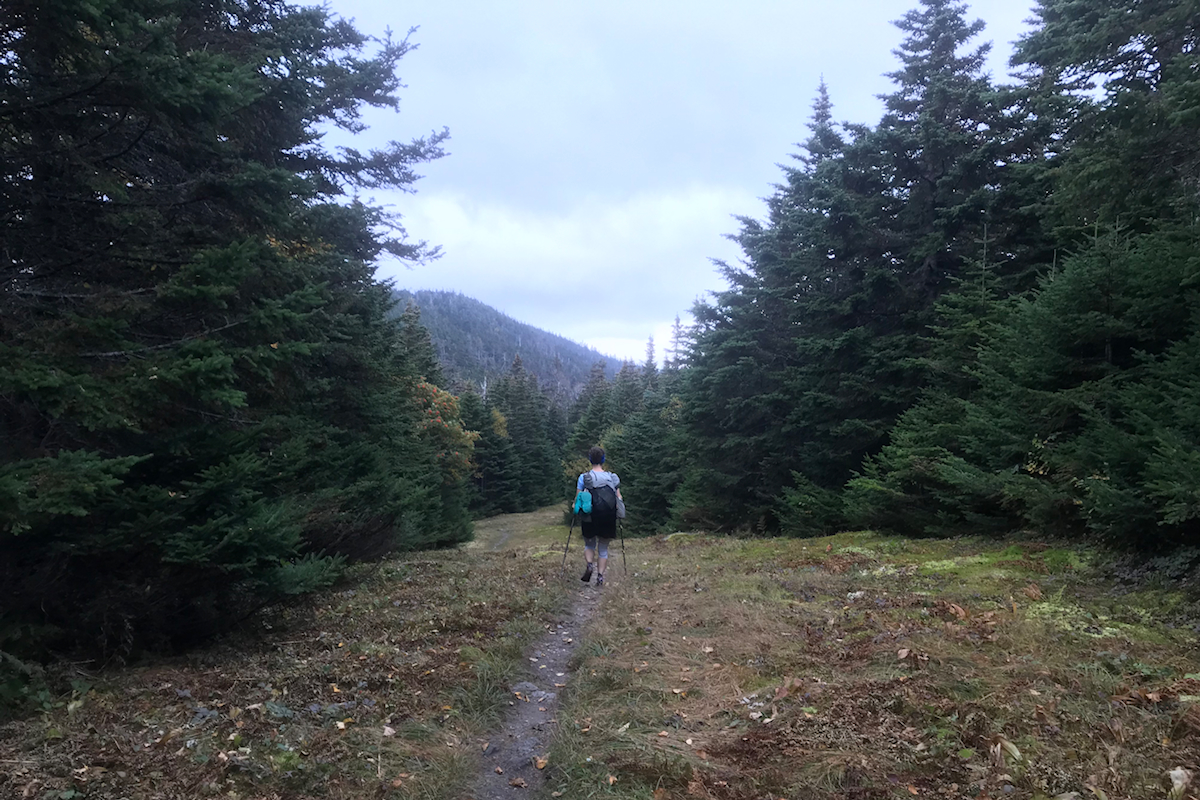
Orientating towards love and tuning into the desires of my heart gets me maybe halfway there. The other part of the process is using reasoned decision making - cost/benefit analysis, pros/cons, research, etc - to sift and sort through the options and to choose the best course of action in the particular situation and context.
I am a product of the enlightenment, like we all are, but I'm also naturally a "thinker". I rely on rational thinking, or what I think is rational thinking, for a lot of decision making. (Let's just acknowledge that rationality is full of personal bias and unexamined assumptions, which can include the idea that reasoned decision making is good. And also, enlightenment-be-damned, humans are not rational beings.)
You may have picked up by this point that "gut feelings" and intuition do not feature prominently in my decision making. I am mystified when other people speak of "knowing" in this way. As I am mystified when people "know" that God is calling them to do a particular thing. (See my previous post.)
Intuitive knowing is an area of growth for me, but for now I'm ok relying on what I've got, which is a three way decision making compass.
An orientation to love.
Identifying my desires.
Taking reasoned actions on those desires.
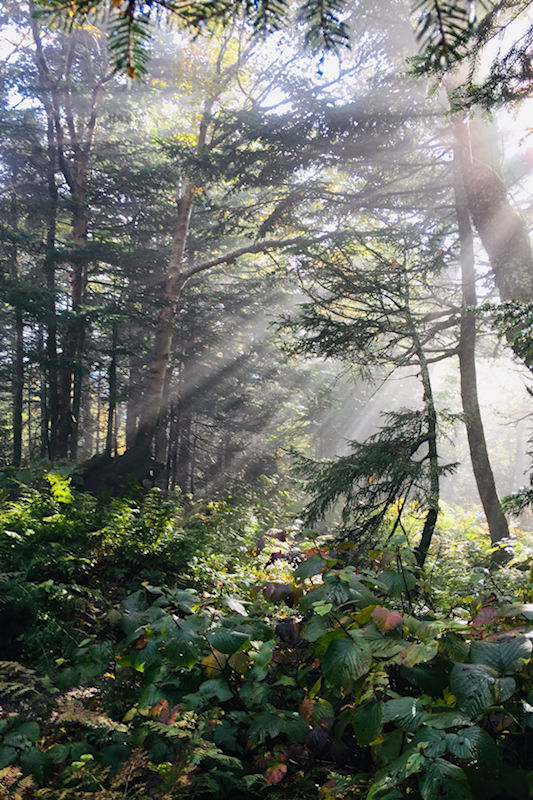
Desire is the fuel of this triad. It's the catalyst for the decision making to begin with. And for me, it's why I want to be pointed in the direction of Love, so my desires don't veer too far into selfish ambition.
Maybe my true desire "is" to be moving in the direction of love (I actually think it is) but I need to be honest about the fact that bias, unconscious assumptions, and a distorted sense of separation from others and the Divine can steer me off course, without me even knowing.
So I intentionally orient and re-orient myself to Love, choosing values of non-violence, service to others, honesty, forgiveness, the inherent dignity of each person, radical inclusivity and belonging, to name a few.
Desire moves me forward in a direction, hopefully orientated to love, and reason helps me take the next appropriate action in that direction.
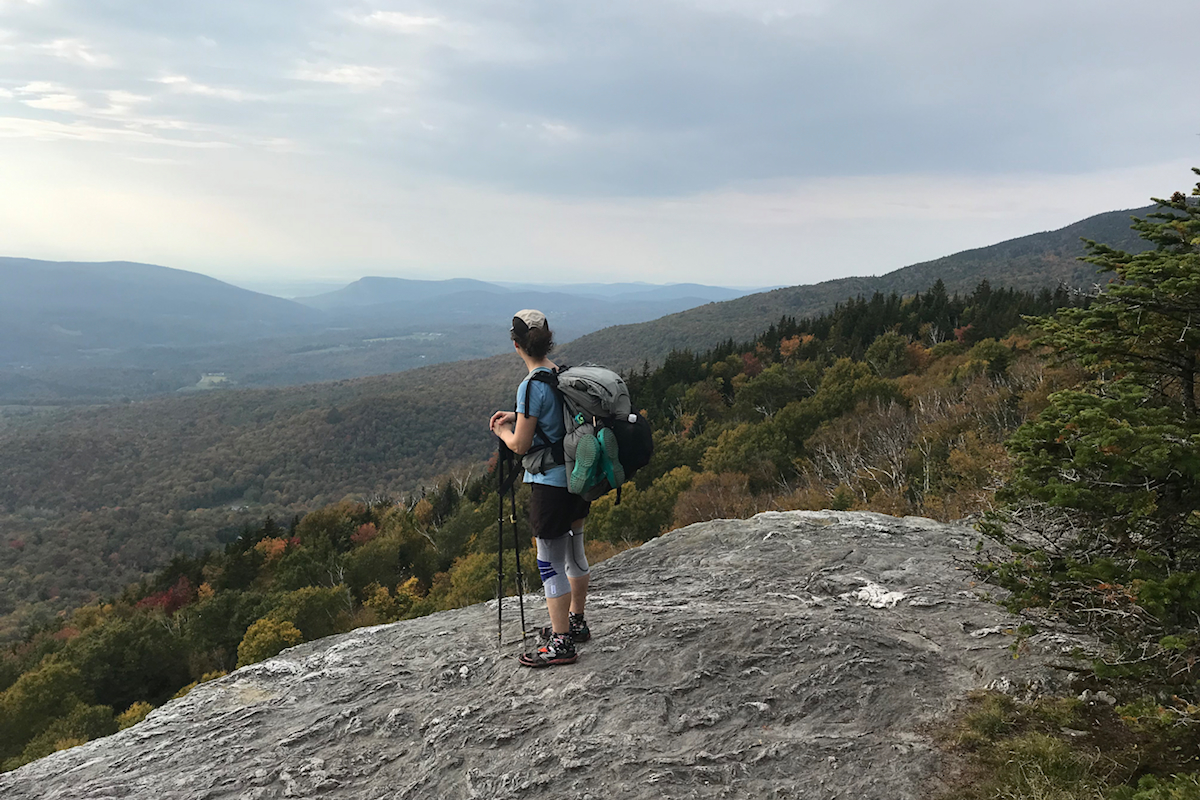
Strategies make me feel good, they provide a type of security, a path I can follow.
But one of the hardest parts of growing up has been realizing we don't achieve our desires. At least not the way we think we will. The joy comes not in attaining what we desire, but in giving ourselves to the cause, the aim, the goal. Circling the desire, but never reaching it.
Desire enriches my life, it moves me forward, it gives my life a purpose and meaning, but it doesn't deliver what it promises, at least not the promises I've attached to it. I wrote a whole series of posts about this called I can't get no satisfaction.
I'm grateful to the work of psychoanalyst, philosopher and theologian Peter Rollins for helping me frame this phenomena in my own life. Helping me understand and give language to my experience.
If you want to dive deeper into his work here are a couple videos on YouTube that speak specifically to desire. Nature Derailed: Drive and Desire and The Art of Wanting: Christianity and Desire. He has hundreds more videos in his public and private teaching platforms.
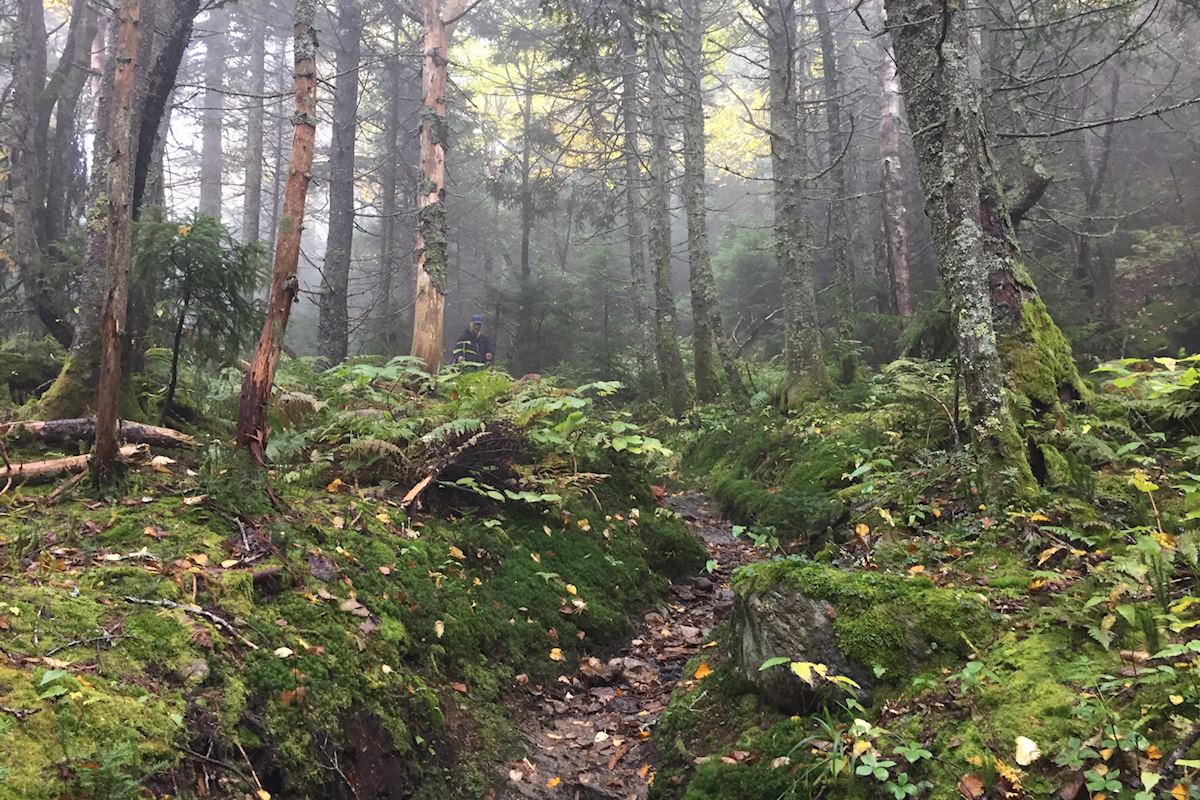
Rollins, and many others, posit that the enjoyment in life comes from giving yourself to a cause, not necessarily achieving the cause.
We misperceive where we find pleasure in life. We consciously think that what we want is the object of our desire. But unconsciously what we want is the object-cause of our desire. Which is to say, we want the thing that sparks our need and causes us to struggle in the pursuit of our desire.
The meaning and the satisfaction is found in the struggle to achieve your desires. And these desires can be everything from finding a mate, to union with God, to living in the mountains.
One down, two to go.
And here's the kicker: what we think of as the thing that stops us from getting what we want is actually the thing that invests what we want with value.
You can read that again.
So perhaps it's the fact that I don't live in the mountains and can't spend as much time in the mountains that invests that desire with so much meaning.
The meaning isn't in the mountains, it's in the desire to live in the mountains.
Hum....
I still want to live there, at least part-time.
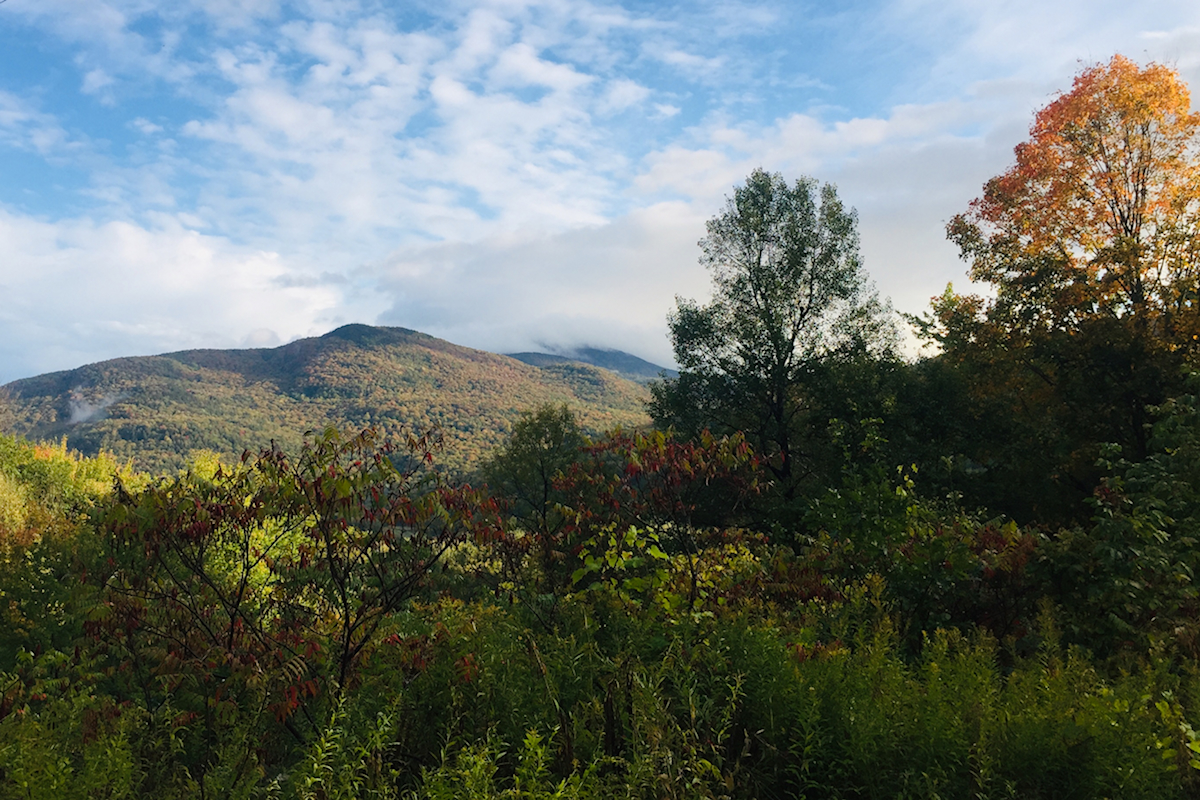
I have a few chief desires in my life right now. To find a sense of home rooted to a "place", or maybe places, and to feel a sense of belonging to that place(s) in my bones. (Maybe this knowing already resides in me and I just haven't woken up to it yet.)
I want to live where I feel I belong and I want to belong to where I live. I want to have a successful and significant post child-raising career. I want to travel. I want to be in the mountains.
In spite of the location independence of Damien's work as a software architect we are currently constrained by three factors in where we live: The desire to provide a launching pad in a place with good education opportunities for our young adult children. The desire to remain relationally and geographically close to my parents. The desire to be close to mountains. If not "in" mountains, at least close enough to drive there for a day of skiing or hiking.
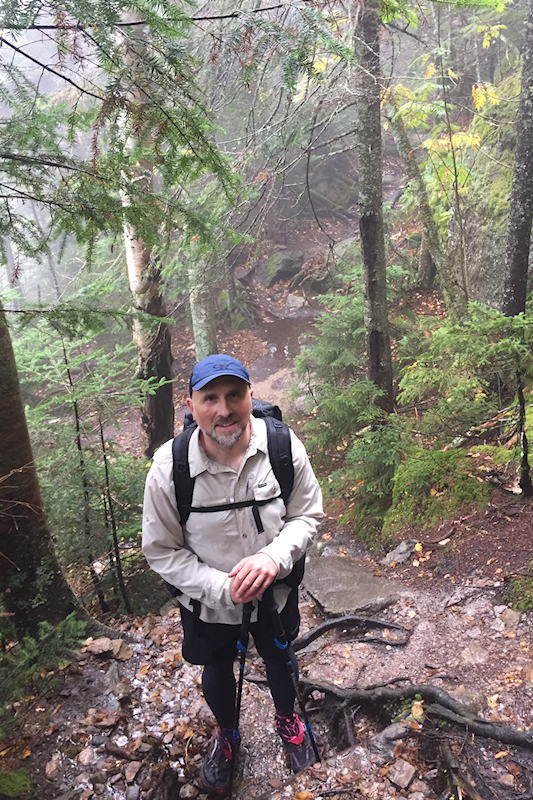
We will soon be constrained by another factor: my desire to advance my education and launch a career, in which location will play a role. Long term I'm aiming for location-independent possibilities with part-time local attachments. Or location-dependent with a lot of travel opportunities.
Within five years we will no longer have the constraint of choosing to live in Montreal to provide the best we can for our kids' education. Without being attached to Montreal, there are many places we could go.
But I know this about myself - one of my strongest desires is to remain close to my kids, geographically and relationally - and their eventual adult-life locations will be an important part of our decision making for where Damien and I call home (times 3).
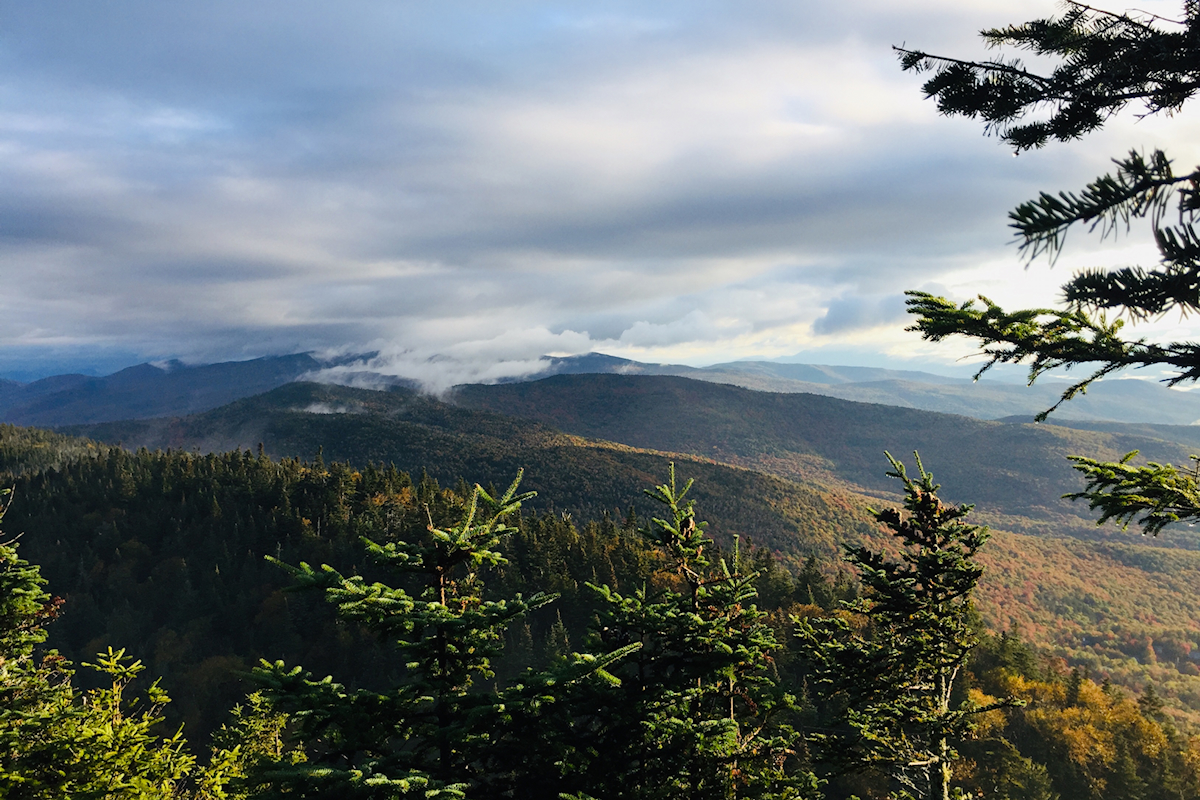
I don't know that all these things can co-exist in my life but I'm hoping they can. I won't know if I don't try. My people are my relational home. And mountains are my spiritual home. So far, finding the actual location where these homes overlap and the rest of our life needs can be met has remained elusive.
This is the part where I need to conclude this mini-series of posts - The Mountains are Calling - but I feel like I've said it all, and more, so just a point-form recap and then a few questions for you.
- I am still surprised after nineteen years since leaving the west that I live in eastern Canada, and Quebec specifically.
- I didn't know I was a mountain person till I had moved away from some of the most beautiful mountains in North America. Bummer that.
- I desire to live in the mountains, but maybe the "point" of the desire is to fuel action and forward momentum in my life, not necessarily to achieve the thing specifically. Though I still want the specific thing!
Questions for you.
-
My three-way decision making compass is orientation to love, identifying my desires, taking reasoned actions on those desires. How do you make decisions? Can you identify making decisions predominantly from your heart, your head, or your gut/intuition?
-
Do you have a place you long to be? If you don't live there currently how do you reconcile that desire with your reality? Also, or alternately, if you are part of a partnership how do you reconcile your desires with your partners?
-
What do you think about Rollins' idea that the meaning is found not in achieving our desires but our struggle do so?
All the images in this post are from my 8 day backpacking trip in September on the Long Trail in Vermont, home of the Green Mountains.
Filed Under
Part of Series
Resource Library
You can subscribe to comments on this article using this form.
If you have already commented on this article, you do not need to do this, as you were automatically subscribed.
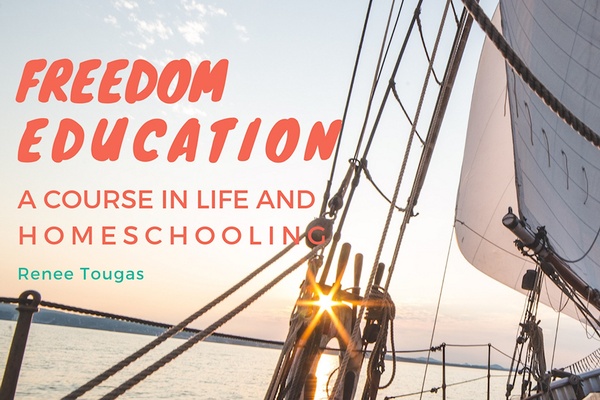
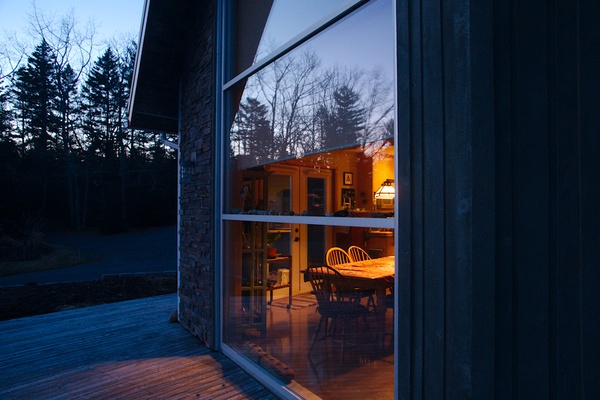
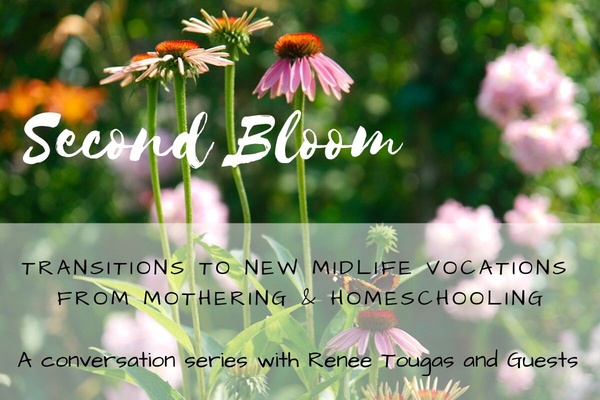
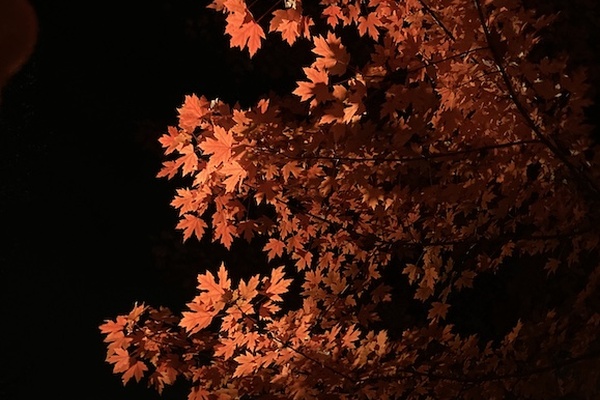
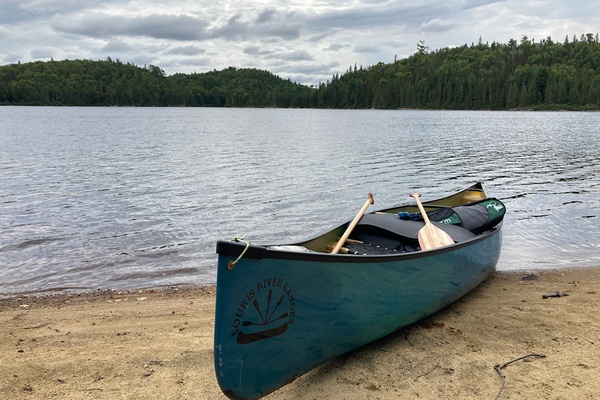
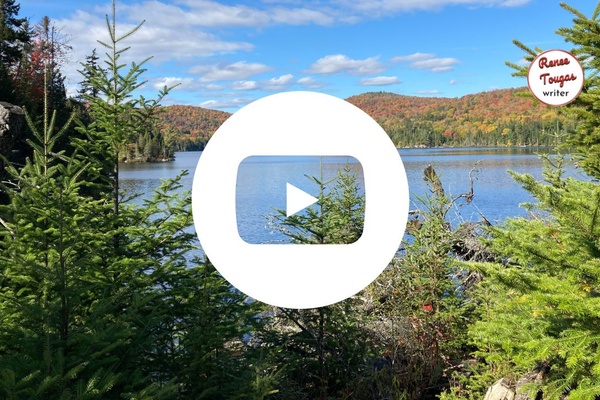
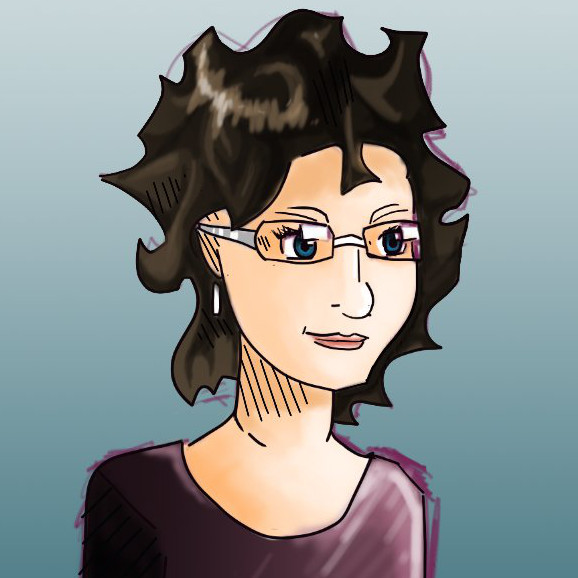
Michelle on Nov. 13, 2019, 1:44 p.m.
I always make decisions ultimately based on my gut feelings. Of course i weigh pros and cons and think it through in my head first. After I come to a rational conclusion and make a decision, i have still changed my mind because of my intuition. That is one thing I have tried to teach my children. Trust your gut. So quite opposite of you!
Renee on Nov. 13, 2019, 1:55 p.m.
I probably listen to my intuition more than I give myself credit for but maybe I perceive it as my heart. I just can't identify or quantify what that gut feeling feels like. (other than when you have a visceral reaction in certain situations of personal safety, i know what that feels like).
Also, because I have a lot of fear about things I have a hard time trusting my gut because maybe it's just unfounded anxiety and fear, not an inner-knowing. Some fear is founded, other fear is not - trying to figure out the difference for me is hard!
I too have tried to teach my children to trust their gut but I'm probably not a very good model of it! Maybe when I'm older I'll have developed my intuition more and have an amazing holistic way of seeing the world and making decisions, I'd love that. Gives me something to grow into and aim for in my growth and development.
Renee on Nov. 13, 2019, 2 p.m.
Michelle, here's a question for you. What if your gut says something different than your spouses gut? (on a decision of mutual importance)
Damien and I tend to reason things out together and if we differed on something and he said "I just feel in my gut we should do this" I don't know if I could trust that...
Also, we've had some stuff happen in our marriage where he feels really ok about something but I don't and we go with it and it goes great... or sometimes the opposite happens. How is a person to know!?
Michelle on Nov. 13, 2019, 2:52 p.m.
That’s a good question Renee. Usually when we differ on a decision, the one who says no gets their way. I have told Paul that I don’t think we should do certain things but he is convinced we should. And we did. Sometimes it works out and sometimes not. But then we deal with it as it comes. That’s the way life is I guess.